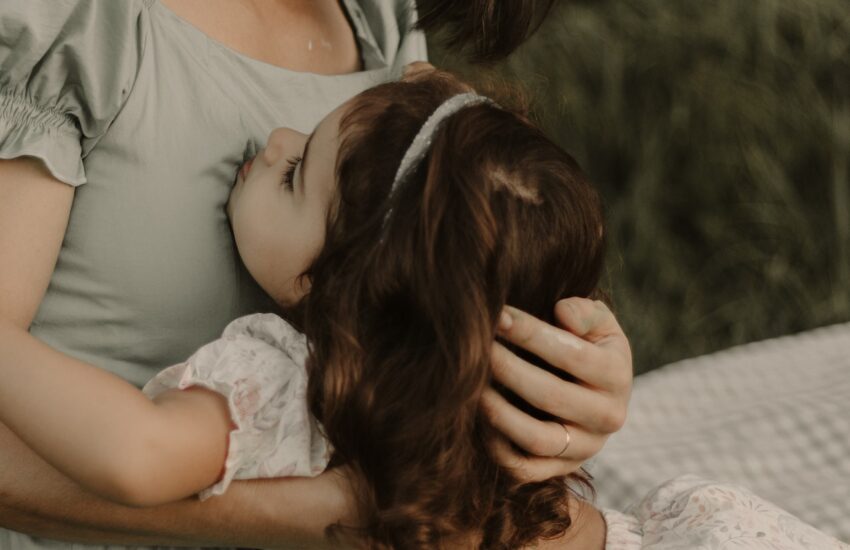One of the Most Powerful Relationship Tools You Can Develop: Apologizing

It is hard to do!
Admitting that you are wrong, that you screwed up. But everyone does it and you are no exception.
Sometimes we are afraid to say we are sorry, to admit mistakes and ask for forgiveness because we might feel weak, imperfect and vulnerable.
While there is some vulnerability in admitting you made a mistake, the trade off is more than worth the benefit you will reap.
When we have an inability to admit that we messed up we are also limiting our ability to progress and improve, to become a better, stronger more perfect person. If you limit yourself to only functioning within your range of mastery, that range will be very small and your potential will be stunted indefinitely.
Apologizing is a risk and your pride may suffer, in fact it should and you will be served with a dose of humility when you have truly asked for forgiveness and admitted your mistakes.
The Risk is Worth it
While you may lose some sense of pride in your perfection, (which is misplaced pride anyway, because you are not perfect), that loss will yield great benefits.
Saying I’m sorry, admitting your mistakes allows you to:
1. Fix wrongs you have created
2. Mend broken relationships, which you have had a hand in breaking
3. Grow and develop in a positive way
4. Allow healing to begin
5. Learn to take responsibility for your personal behavior
What Apologizing Is and What it Isn’t
Apologizing is:
Acknowledging you made a mistake
Focusing solely on your behavior, not the behavior of someone else
A sincere desire to change and a plan to work towards such change
Apologizing is not:
Saying sorry because that is what is expected with no intent to change
Regret for the behavior of another
Taking responsibility for the action of another individual
Let’s talk about that last one for a little bit. In some unhealthy relationships, an individual may feel the need to apologize for poor behavior of another individual. This is not appropriate, okay or healthy to either the individual or the relationship. If a husband comes home and hits his wife because the house was in disarray, the husband should be the one to apologize, not the wife. In unhealthy co-dependent relationships, the opposite often occurs.
You should not, must not apologize for “causing” someone else’s poor behavior. This is giving them a scapegoat for their own behavior and helping them fail to take responsibility for themselves and ultimately hurting both of you.
A Healthy Apology
Apologies should take place dependent of another individual’s behavior. If your child forgot to do his chores, and you, the parent, then yelled at the child, appropriate apologies would include you apologizing for yelling and the child apologizing for not doing his chores. Just because a child does not apologize for not doing his chores does not mean your apology for yelling is unnecessary.
Likewise in a marital relationship, if you and your spouse get in a fight in which harsh and unkind words are said, it is your responsibility to apologize for the unkind words you said, regardless of whether your spouse apologizes or not.
The poor behavior of another individual does not excuse your own poor behavior nor negate your need to accept responsibility for your behavior.
Apologies are About You
Apologies are about your personal growth and development, your personal character. If you fail to apologize because you feel like you were wronged and the other party should apologize first, you are choosing to stunt your growth and avoid your responsibility in the relationship.
Just do it
When you know you were in the wrong, just do it, just say it:
I’m sorry
I made a mistake
I was wrong
It was my fault
I take responsibility
And then work diligently and consistently towards the change that is needed.
If you find apologizing especially hard
practice, practice, practice,
(even if you have to first do so in private before actually apologizing) and you will be on a healthy and beneficial path to growth and development for yourself, and on the right path for healthy, uplifting and kind relationships.



